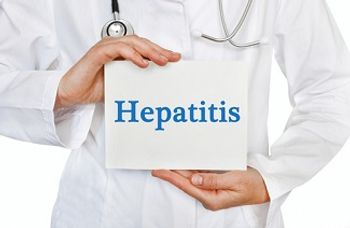
This day reflects the importance of remembering people who have been affected by the disease as well as a reminder to remain safe and get tested.

This day reflects the importance of remembering people who have been affected by the disease as well as a reminder to remain safe and get tested.
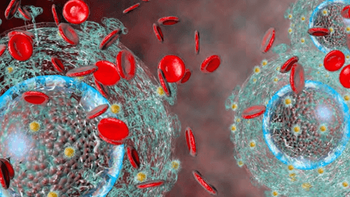
The phase 1/2 trial evaluating EBT-101 dosed its first patient in September 2022.
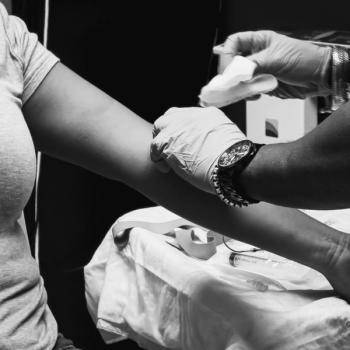
The update refreshes the organization's 2022 guidance on HIV, viral hepatitis, and STI prevention, diagnosis, treatment, and care for key populations, focusing on people in prisons and other closed settings.

The twice-yearly injectable shown to be beneficial in conjunction with an optimized background regimen.

A new study being presented at the ongoing IAS conference showed that people with HIV found the injectable therapy, Cabotegravir plus long-acting Rilpivirine (Cabenuva) is more conducive to today’s lifestyles, reduced stigma, and improved adherence.
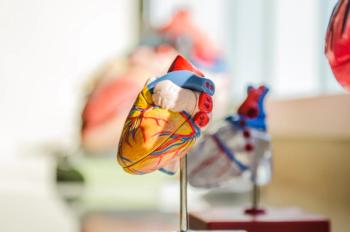
A new study shows the use of statin therapy in a primary prevention cohort of patients with HIV on antiretroviral therapy was associated with a 35% reduction in risk of cardiovascular events. The data is being reported at the International AIDS Society Conference.
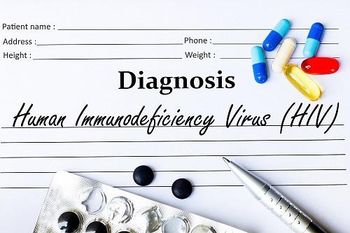
New study demonstrates benefit of adhering to treatment regimen and also calls for simplifying viral testing in other parts of the world where updated panels technology may not be available.
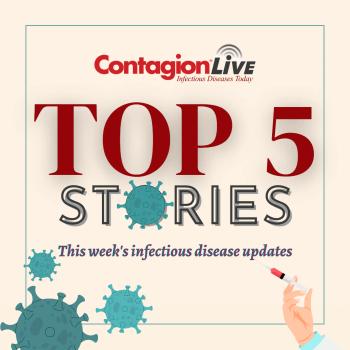
Coverage this week included how COVID-19 vaccines in patients with cancer fared; analysis of non-COVID-19 adult vaccines; a company is developing a platform to enable engineering of the first recombinant human polyclonal antibody therapies with the goal of creating a functional cure for hepatitis b; and how a hospital modified testing for C difficile.

The federal agency gave the nod to Verrica Pharmaceuticals for its therapy, VP-102 (Ycanthe), for molluscum contagiosum (molluscum), making it the first treatment indicated for the viral-borne skin disease.
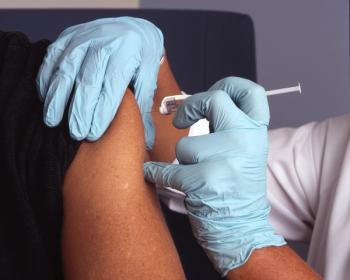
New report published this week shows the decrease over the last 2 reportable years.

This conference is addressing antimicrobial resistance (AMR) from different perspectives and look at strategies to reduce this global health problem.
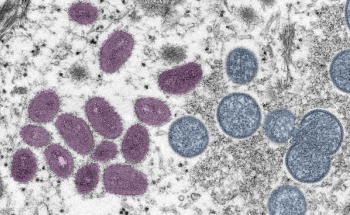
Even if a patient has been vaccinated or previously infected, clinicians should still consider mpox if a patient presents with rash, the paper suggested.

Very few Lyme disease studies consider sex- and gender-based differences. Is this flawing the research?
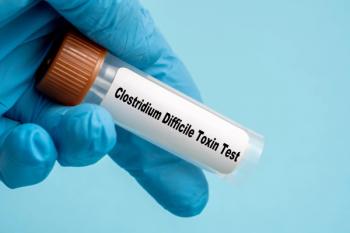
This study explores the effectiveness of PCR and toxin EIA testing in predicting C difficile infection (CDI) outcomes. The research reveals that patients with negative toxin results were less likely to experience CDI recurrence within 30 days.

The Gates Medical Research Institute (MRI) is conducting a study looking at the effect of bifidobacterium longum subspecies infantis (B infantis) as a supplement.

Rebyota, the first FDA-approved microbiota-based live biotherapeutic for preventing recurrent Clostridioides difficile infection (rCDI), has been the subject of a groundbreaking safety analysis.

Patients with cancer, cancer survivors, and matched controls maintained immunity against severe COVID-19 for at least 5 months after a third or fourth vaccine dose.

A company is developing a platform to enable engineering of the first recombinant human polyclonal antibody therapies with the goal of creating a functional cure for hepatitis b (HBV).
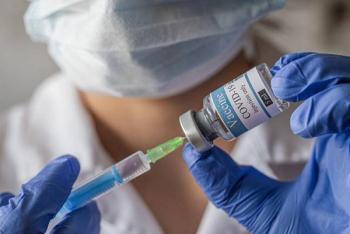
Workplace exposure and living conditions were associated with higher COVID-19 risk, while previous infection, age 65 or older, and Black/African American race were correlated with lower COVID-19 rates.

The monoclonal antibody is indicated for the prevention of respiratory syncytial virus (RSV) in newborns, infants, and young children.
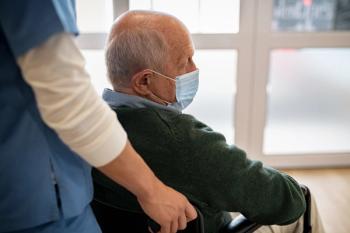
This study found a substantial increase in Alzheimer's-related deaths during the initial year of the pandemic due to limited access to healthcare, social isolation, and disrupted care routines. However, the second year brought positive developments with prevention strategies and vaccinations, leading to a substantial decline in excess deaths.

Hospital posits that testing for C diff in patients without symptoms inflates rate of hospital-acquired infection with cases of asymptomatic colonization.

A new study looks at vitamin D’s role in acting as a deterrent to the proliferation of C diff bacteria.
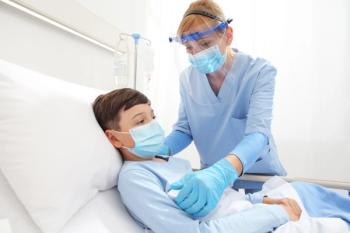
More symptoms, older age, and longer hospitalization time increased the risk of post-COVID-19 conditions (long COVID) in children.
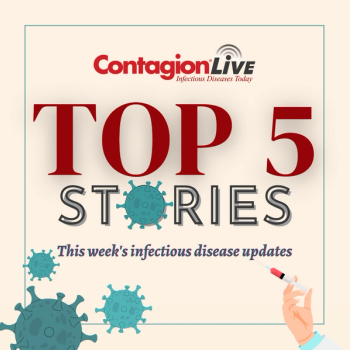
Which COVID-19 vaccine is associated with Guillain-Barré Syndrome? What's the newest C difficile therapy? Contagion's weekly infectious disease recap has you covered.

A congressional subcommittee aims at reducing HIV-related budget items by over half a billion dollars.

Lumen Bioscience's C diff therapy, LMN-201, combines four therapeutic proteins that act synergistically to neutralize both the C difficile bacterium and the toxin that causes its virulence directly in the patient’s gastrointestinal tract.
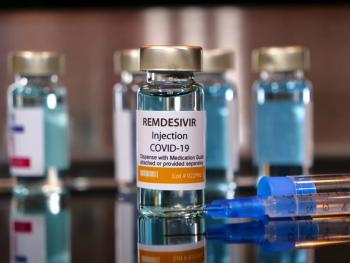
In a major breakthrough, Gilead’s remdesivir (Veklury) becomes the first COVID-19 antiviral to be FDA-approved for patients with severe renal disease.

Neuropilin-1 enables COVID-19 to enter human cardiomyocytes, accounting for increased proteases activity and apoptotic markers that lead to cell damage and apoptosis.